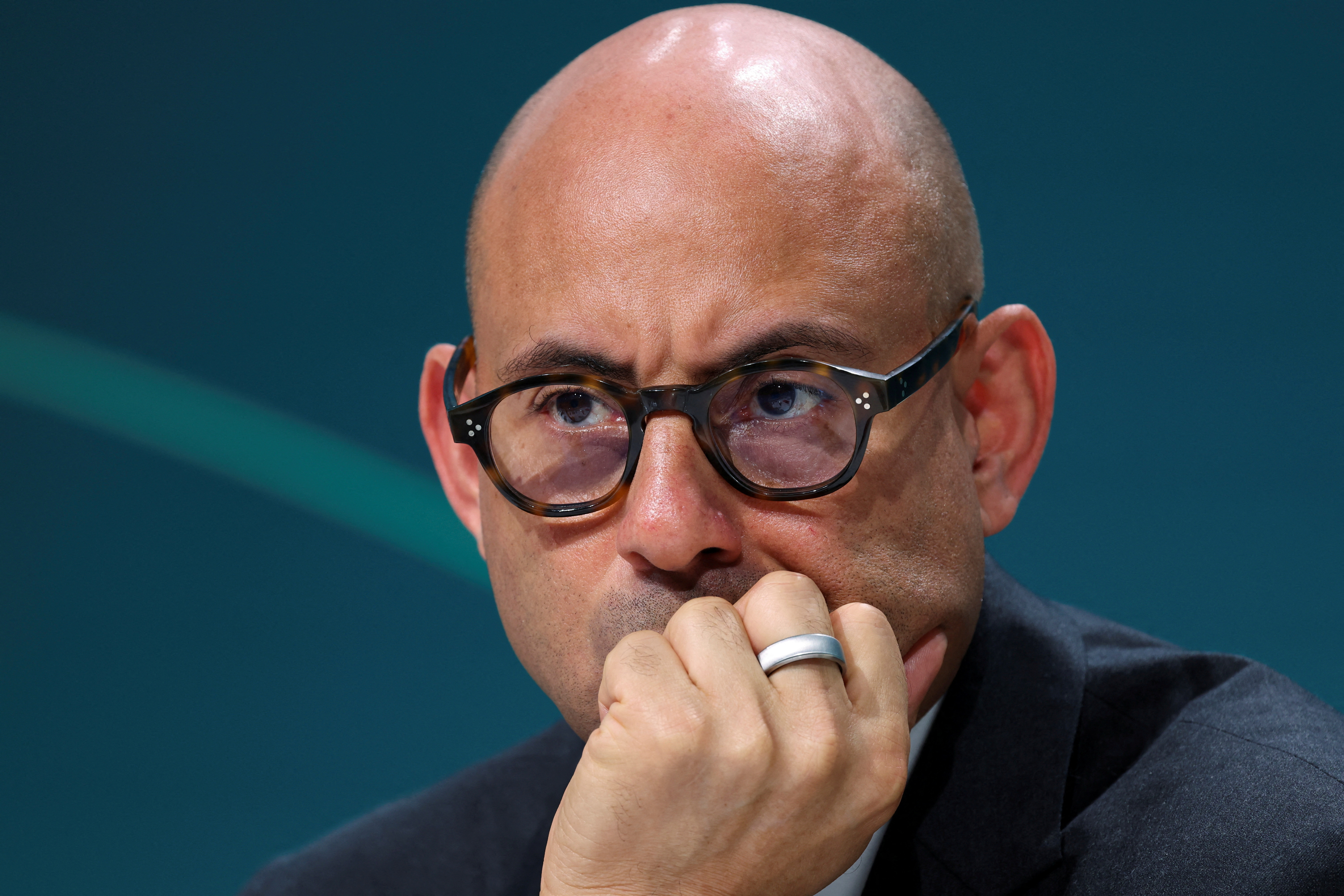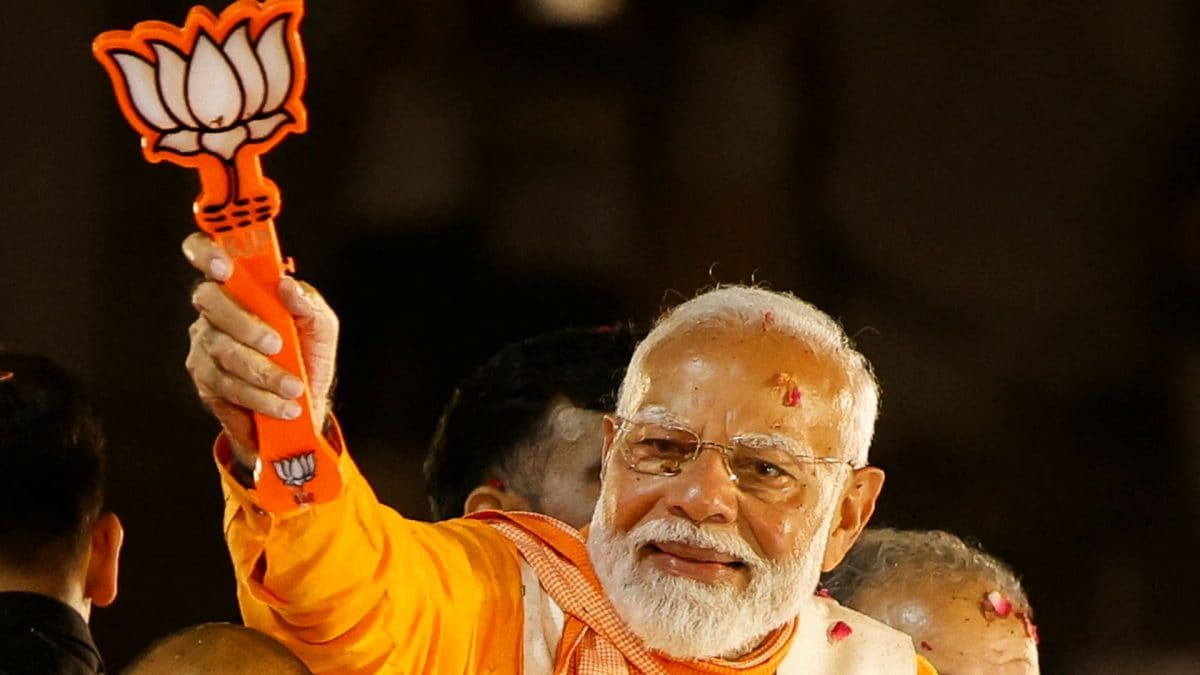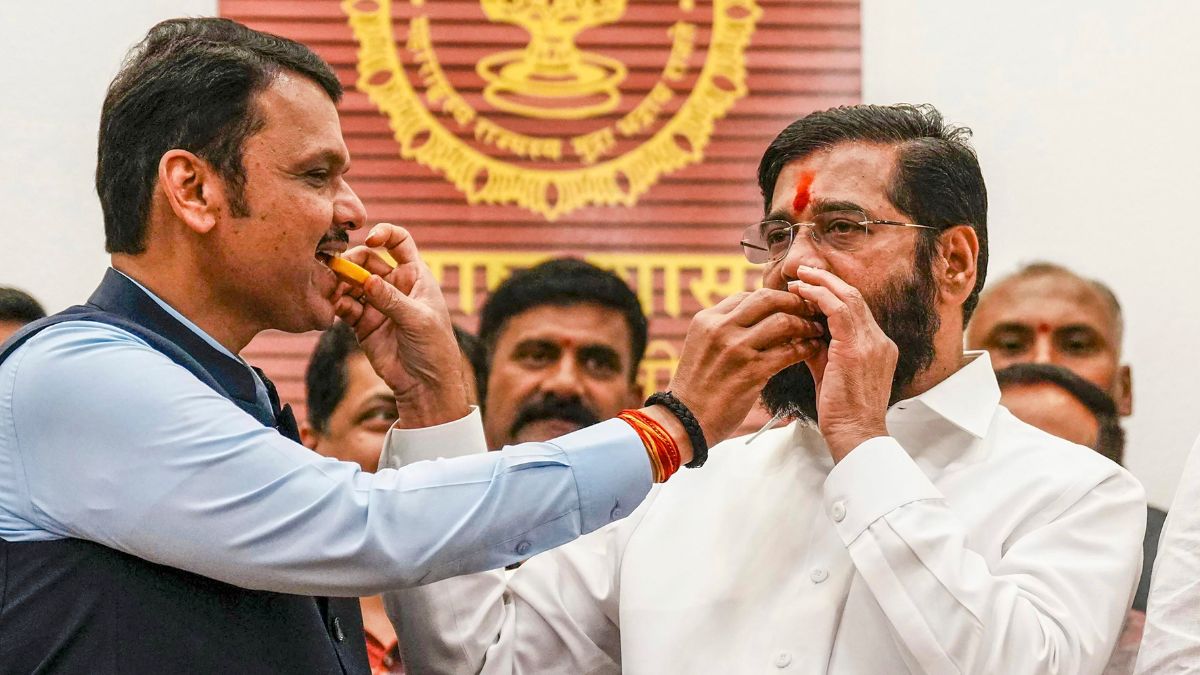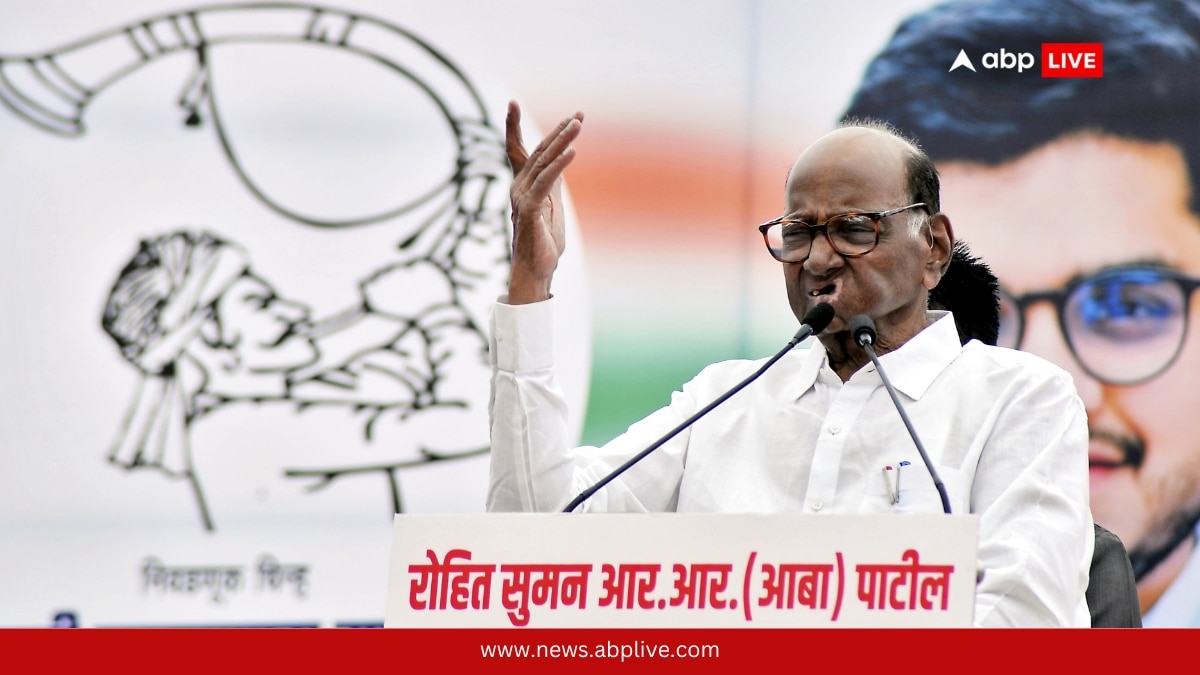
In what is seen as a boost to COP29, the G20 backed a new climate finance goal. In their joint declaration on Tuesday, they said “We look forward to a successful New Collective Quantified Goal (NCQG) outcome in Baku,” adding -quite importantly- “We pledge our support to the COP29 Presidency and commit to successful negotiations in Baku.” But it stopped short of mentioning developing nations’ voluntary contributions to climate finance.
This is one of the main sticking points in the COP29 climate finance talks. The G20 final declaration reiterated “recognition of the need for rapidly and substantially scaling up climate finance from billions to trillions from all sources.” UN climate chief, Simon Stiell, relieved, welcomed this.
He said the G20 leaders had “sent a clear message to their negotiators at COP29: do not leave Baku without a successful new finance goal,” adding “this is in every country’s clear interests.” Even though some activists were not completely satisfied with this, expecting more explicit statements, most others gave it a positive response. Even Greenpeace was supportive.
Its Head of COP29 delegation, Jasper Irventor, said “this is a positive signal from the G20, that despite their differences, they’ve reaffirmed their support for an agreement to be reached at COP29 on the new climate finance goal. This momentum must now be translated into concrete outcomes in Baku.” There were other important outcomes out of the G20 meeting in Rio.
Brazilian President Luiz Inacio Lula da Silva proposed that the G20 countries reach climate neutrality by 2040 or 2045. Given that they account for 85% of the global economy and around 75% of global emissions, this is quite an important step. Lula will chair COP30 next year in Brazil and, clearly, he will hold them to this.
In a round-about sort of way, the G20 final declaration also confirmed transition away from fossil fuels. It said “We welcome and fully subscribe to the ambitious and balanced outcome of the UN Climate Change Conference in Dubai (COP28), in particular the UAE Consensus and its first Global Stocktake of the Paris Agreement (GST). We will respond positively to the GST encouragement for Parties to the Paris Agreement to come forward in their next nationally determined contributions with ambitious, economy-wide emission reduction targets, covering all greenhouse gases, sectors and categories and aligned with limiting global warming to 1.
5 C, as informed by the latest science, in the light of different national circumstances.” The UAE Consensus includes a reference to “transitioning away from all fossil fuels in energy systems, in a just, orderly and equitable manner in this critical decade to enable the world to reach net zero emissions by 2050, in keeping with the science.” As a result, this could be seen as seeking to ensure the COP28 resolution to transition away from fossil fuels is built on and not abandoned.
However, it lacks the impact of an explicit statement. But, anything more explicit would not have been accepted by Saudi Arabia. We should, also, not forget that the US plans expansion of its oil and gas, especially once Trump comes to power.
The same applies to India, Indonesia and China with coal. Back in Baku Back in Baku, ministers and country delegations entered into the hard bargaining stage to reach final compromises and a positive outcome, as directed by the G20 leaders. Lending support to this, leading economists said in Baku that “raising money needed to tackle the climate crisis is feasible and need not be a burden on overstretched government budgets.
” As negotiations to establish a new climate finance target become more intense, figures between $300bn and $500bn are being mentioned. The EU appears to be discussing a lower range, between $200bn and $300bn. Developing countries expect at least $600bn in grants through public finance.
But whatever prevails, it will need to somehow include developing nations’ voluntary contributions. This will be the “core goal”, comprising finance provided by governments, private finance mobilised by government investment and a proportion of multilateral development banks’ funding (MDBs). The MDBs have already signalled they can scale up their contribution to $120bn by 2030.
But African countries are not happy to see private investments counted as part of this. COP29’s lead negotiator, Yalchin Rafiyev of Azerbaijan, said they are aiming to produce a full draft of a deal for the financial goal by Wednesday evening. In addition, reference to the UAE Consensus by the G20 may now help COP29 to address mitigation in time to inform the next round of national climate plans, which are due to be submitted by early next year.
But Trump’s coming to the US presidency and Argentina’s position that it rejects parts of the G20 declaration, are warnings that global climate deals are in danger of eventually being wrecked by right-leaning governments. Simon Stiell sent delegates off to do their thing, saying G20 “leaders have reinforced that global cooperation is utterly essential, and COP29 must show how it’s done, with an ambitious new finance goal, as the central pillar of a balanced package.” Dr Charles Ellinas, @CharlesEllinas, is a Councilor at the Atlantic Council.














